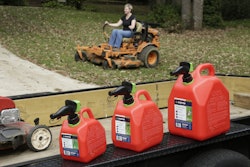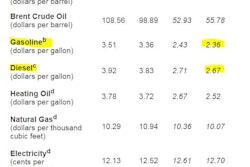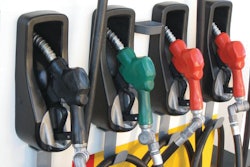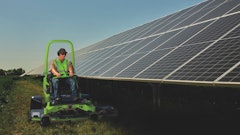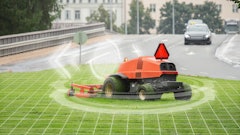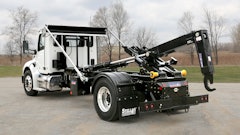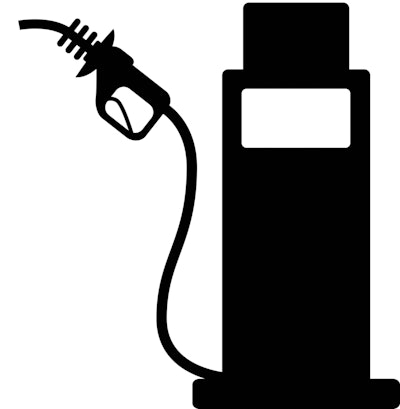
1. Meet regularly with your crew to discuss the importance of conserving fuel. Ask for ideas. The meeting doesn't have to be anything elaborate; drive time between jobs is a splendid venue.
2. Keep warm-up time and idling to a minimum. Some contractors say no more than two minutes is a good rule of thumb.
3. If your truck has a mileage computer, pay attention to it. One crew leader said he tries to keep it above 10 mpg when accelerating from a stop and over 25 mpg when cruising.
4. Drop the throttle back just a bit on your riding mower—especially in light grass or tight areas where you can't run it full speed anyway.
5. Don't run trimmers, edgers or blowers wide open—it's completely unnecessary in most circumstances.
6. Pay attention to truck and equipment maintenance, especially fluids, lubes and tire pressure.
7. Mow with properly sharpened blades, which help you cut through grass with less resistance and, in turn, reduce fuel consumption. Properly sharpened blades also reduce the need for double-cutting, which in turn reduces not only fuel consumption but also labor costs. Finally, properly sharpened and balanced blades allow for minimal vibrations, resulting in reduced resistance and friction.
8. Also on the topic of mowing, adhering to the one-third rule can help. Cutting no more than 33% of the shoot growth in a single mowing will prevent excessive clipping yield, which is a prime catalyst for increased engine load.
9. Talk to your boss about doing irrigation checks and installing annuals so he might be able to avoid sending another crew to the property later in the week. If you don't feel like you have the knowledge in these areas, talk to your boss about how you can get it, or take steps to get that knowledge yourself.
10. While you're talking with your boss, bring up the topic of four-day workweeks. Would you and your guys mind working, say, four 12-hour days? What about three 15's? Many landscape companies are doing this type of thing—and they're slicing fuel usage by 20% while still maintaining production levels.
11. Last but not least, avoid filling up in the heat of the day, as gasoline expands in the heat.




